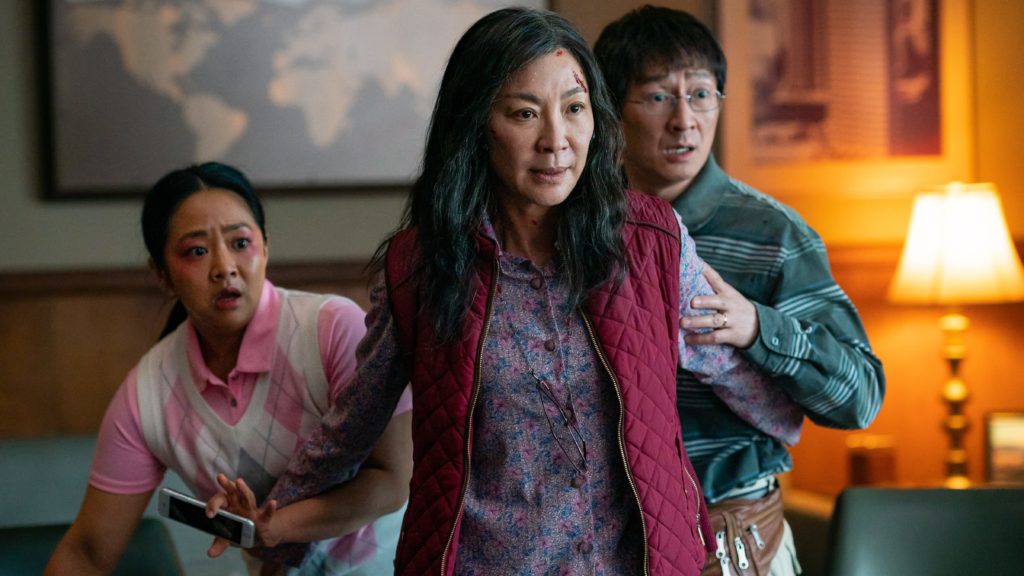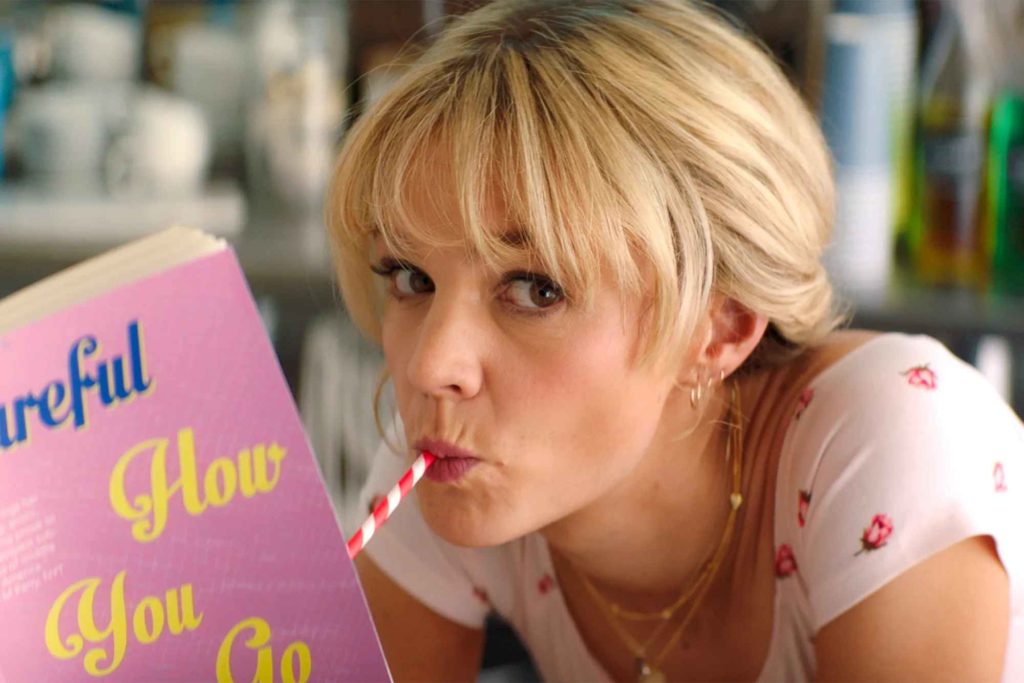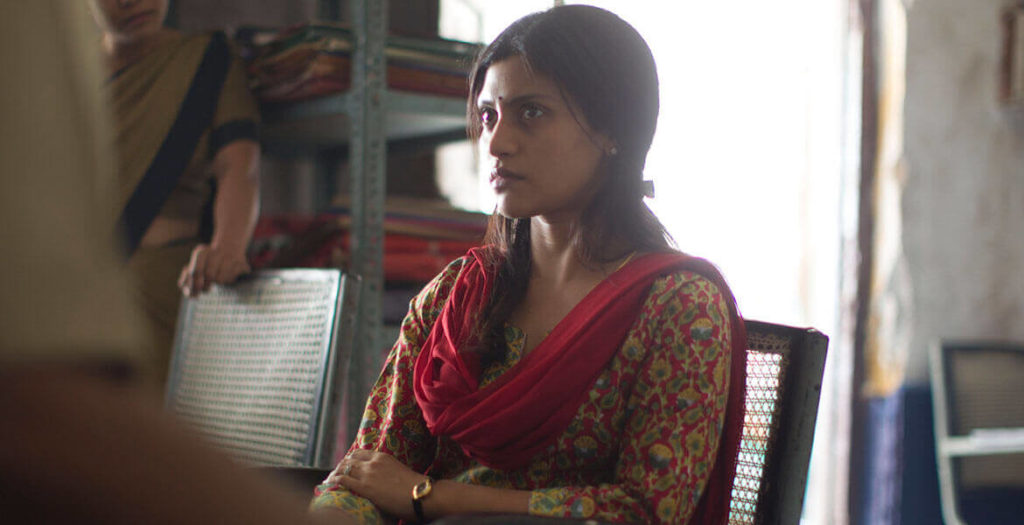Are We Finally in the Era of the Girlboss Villains? 7 Films That Perfect the ‘Soft Evil’ Aesthetic
5 Min. ReadWomen in movies are mostly in two shades – either they are made of sunshine bringing love and light to everything they see and touch or they are evil, unhinged femme fatale bordering on caricature. It would almost always end with the evil villain either having a change of heart or meeting a gruesome end. We were always made to feel that they got what they deserved or that they finally realised their “mistakes” and redeemed themselves or sometimes have backstories that make them more human.
But over the years, we have seen something different: women who are unlikable and unrepentant till the end. No redemption arcs. No forced relatability. Just control, composure and calculated destruction. However, they are not villains in the traditional sense but you don’t want to be on the wrong side of these #bossbabes.
Here are 6 films and shows that captured this before it became a trope.
1. Gone Girl (2014)

Soft Evil Queen: Amy Dunne
Gone Girl didn’t just crack the door open, it blew it off its hinges. Amy Dunne is the patron saint of unhinged brilliance. She weaponises societal expectations of femininity, “the cool girl,” the perfect wife, and then burns it all to the ground. She’s not a villain because she’s violent. She’s a villain because she’s strategic, with a smile. And somehow… You still want her to win.
2. Everything Everywhere All At Once (2022)

Soft Voice, Hard Edges: Jobu Tupaki
She’s a depressed, multiverse-jumping, everything bagel-wielding daughter, and also possibly the most existential villain of the decade. Jobu Tupaki isn’t out to destroy the world for power. She’s doing it because nothing matters. She’s the girlboss as a nihilist. The antagonist is the ultimate burnt-out gifted kid. And that absurdist softness? It cuts deeper than any classic villain monologue.
3. Andhadhun (2018)

Beautifully Brutal: Simi
Simi (played by Tabu in full smoulder mode) is not your average Bollywood villain. She’s charming, calculating, and never breaks a sweat. Even as she stacks up crimes, she remains… weirdly elegant. She doesn’t need a tragic backstory. She’s just doing what she must to survive, with lipstick, lies, and a deadpan delivery that’s both hilarious and terrifying.
4. Severance (2022–)

Soft-Serve Sadist: Harmony Cobel
Patricia Clarkson’s Harmony Cobel is the ultimate corporate mother: soft-spoken, deeply spiritual, and calmly monstrous. She plays god over her workers’ minds while offering them wellness handbooks. It’s not loud or explosive, it’s cultish, polite evil dressed in neutrals. And in the world of Severance, that’s somehow the scariest kind.
5. Succession (2018–2023)

Femme with a Flaw: Shiv Roy
Shiv isn’t a villain in the traditional sense, but that’s what makes her so fascinating. She’s brilliant, manipulative, emotionally cold, and constantly miscalculating her own power. Her softness is performative, her feminism self-serving, and yet, when she walks into a boardroom, everyone’s watching. She’s not the villain of the show, just the most believable product of it.
6. Promising Young Woman (2020)

The Quiet Threat: Cassie Thomas
Cassie isn’t evil, but she isn’t interested in being good, either. She’s a vigilante in pastels, a master of psychological warfare. Her methods make you squirm. Her motives are razor-sharp. And the most subversive part? The film doesn’t ask you to forgive her. It simply watches her burn it all down.
7. Talvar (2015)

Classy Until Cornered: Nutan Tandon
Played by Konkona Sen Sharma, Nutan is the eerily calm mother at the centre of a double-murder mystery. Based on the real Aarushi Talwar case, Talvar never clearly tells us if she’s guilty, and that’s the genius of it. Nutan’s cold detachment, her unnerving stillness, and the emotional flatline she maintains throughout make her the kind of ambiguous figure we don’t often see in Indian cinema. Is she grieving? Is she hiding something? Or is she simply refusing to perform the kind of womanhood we expect from mothers on screen? That ambiguity is its own kind of menace.
So Why Now? Why Her?
Long live the soft evil queen. We’re rooting for her, even when we shouldn’t.
Because in a world that still expects women to be warm, nurturing, selfless, or at the very least likeable, these characters say: no, thank you. They’re not here to be redeemed or understood. They’re not asking for your sympathy, your approval, or your Twitter think piece. They’re the sharpest mirror we’ve had in years, reflecting everything society taught women to repress: ambition, anger, control, chaos, and above all, complexity. The rise of the soft evil girlboss isn’t just a cinematic shift; it’s a cultural one. It signals that women characters don’t have to be role models, they can be terrifying, toxic, transcendent, or all three at once. And we’ll still be watching. Obsessively. Because sometimes, being the villain is the only way to win.
We don’t want women to be aspirational or inspirational. We want them to be complicated. Messy. Human. The new girlboss villain isn’t evil for the sake of it; she’s reclaiming agency in a world that demanded her silence. She lies. She kills. She thrives. She might lose. But she will never apologise.



